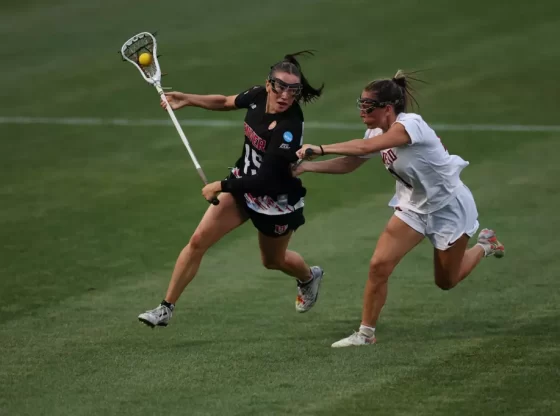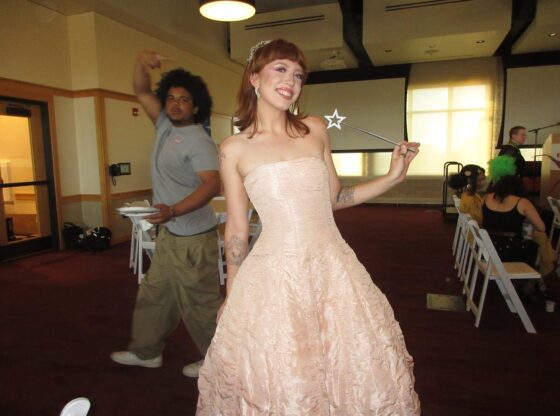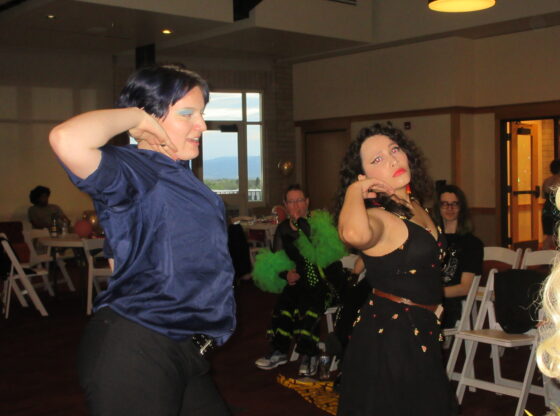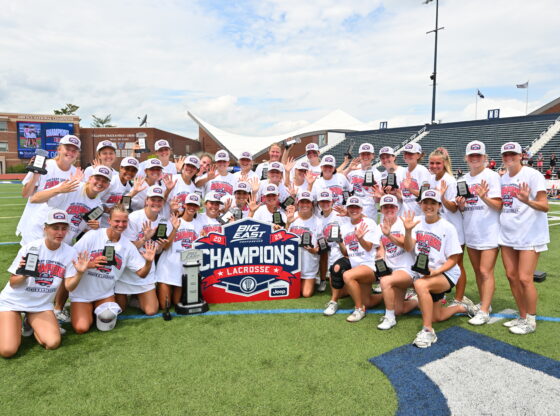The Political Science Department is looking beyond theory to teach their students about the U.S. government in a new class that debuts in the spring quarter.
The class is a government simulation that will require each student to assume a different role and do what their roles require, including passing legislation, giving the students a break from the theoretical and a chance to step in to the practical.
“As a teaching and learning tool it is effective. Most of my classes are theoretical. I feel quite strongly that students don’t fully grasp it until they experience it,” said Tom Knecht, the professor.
The students will be divided into the House of Representatives, press corps, lobbying and the executive branch. The students will be expected to do their jobs whether that is writing bills and getting bills passed, sitting on committees, or lobbying representatives. They are also expected to interact within the different groups.
“Each student is expected to seek goals [related to their position],” said Knecht.
Each student must also take into consideration their re-election chances, he continued.
The House of Representatives is used because in many ways “it is more interesting” according to Knecht. He went on to say that the House is governed by a very strict set of rules, and that the students will learn to conduct committee meetings that play a large part in getting bills passed.
“The winners aren’t necessarily the ones with the most support but the people who write the rules,” said Knecht.
In contrast he explained the Senate is more protective of the individual and there are less formal rules.
Students will pick a current legislator, lobbyist or media member to emulate in the class. They will be expected to write bills that the real person would support and conduct themselves during the class in “character.” The students are free to choose whomever they wish but the class will reflect the current government make-up.
“As long as I can mirror the U.S. House of Representatives I really don’t care what role people play,” said Knecht. “I think that it’s great learning tool to play someone on the other side of the aisle or explore an issue.”
While the class is in the Political Science Department, any student can take it. Knecht acknowledges that the class will be tougher for someone without a political science background but he said that he will spend the first couple of weeks giving mini-lectures about the different roles.
“It could be an interesting route first experience and then go back to the theoretical,” said Knecht.
The class is modeled after a class at University of California Santa Barbara. The class has been taught there since the 1970s and is consistently one of the most popular in the Political Science Department. Knecht did his graduate work there and was a teaching assistant in the class.
“The sim becomes a major part of their lives for the term,” said Knecht. “I thought that it would be a fun class to teach at DU.”
The class currently has about 40 students signed up and Knecht hopes for 80 but said he will let as many people in as wanted to take the class.










